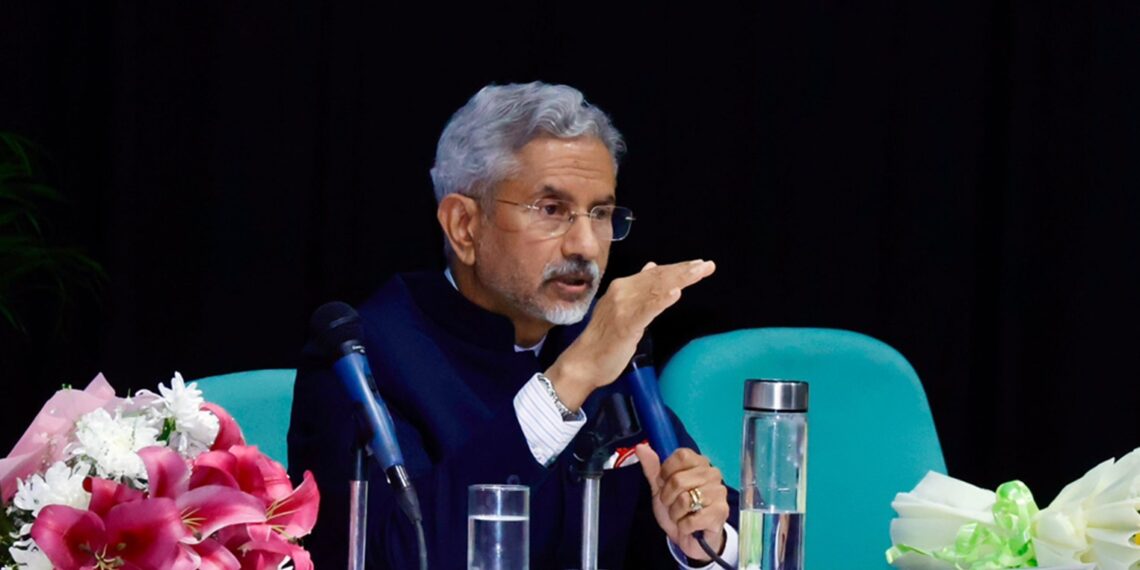External Affairs Minister S Jaishankar has criticised Nepal’s recent move to introduce a new Nepalese Rupee 100 currency note featuring three disputed Indian territories.
Addressing the issue during an event in Bhubaneswar on Sunday, Minister Jaishankar accused Nepal of taking unilateral actions, stressing that such measures will not alter the diplomatic landscape between the two countries.
“I saw that report. I have not looked at it in detail, but I think our position is very clear. With Nepal, we were having discussions about our boundary matters through an established platform. And then in the middle of that, they unilaterally took some measures on their side. But by doing something on their side, they are not going to change the situation between us or the reality on the ground,” Jaishankar stated, while speaking on ‘Why Bharat Matters’.
Nepal’s decision to include the territories of Lipulekh, Limpiyadhura, and Kalapani on the new currency note has drawn strong criticism from India.
The move, announced by Nepal on Friday, was described by India as “untenable” and an “artificial enlargement” of Nepal’s territory.
According to Nepal government spokesperson Rekha Sharma, the decision to redesign the Nepalese Rupee 100 banknote was approved by the cabinet during meetings held on April 25 and May 2.
The diplomatic rift between India and Nepal deepened in 2020 when Nepal revised its map to incorporate the disputed territories.
The move was met with disapproval from India, which had already included these territories in its own map in November 2019.
Tensions further escalated following the inauguration of a road linking Kailash Mansarovar via Lipulekh on May 8, 2020, prompting Nepal to lodge a diplomatic protest with India.
Nepal had objected to India’s unilateral decision to construct the road, claiming it encroached upon Nepalese territory.
Responding to Nepal’s objections, India’s External Affairs Ministry reiterated that the road, located in Uttarakhand’s Pithoragarh district, lies entirely within Indian territory.
The dispute highlights the complex geopolitical dynamics between the two countries, which share a border of over 1,850 km across five Indian states, including Uttarakhand, Uttar Pradesh, West Bengal, Bihar, and Sikkim.















